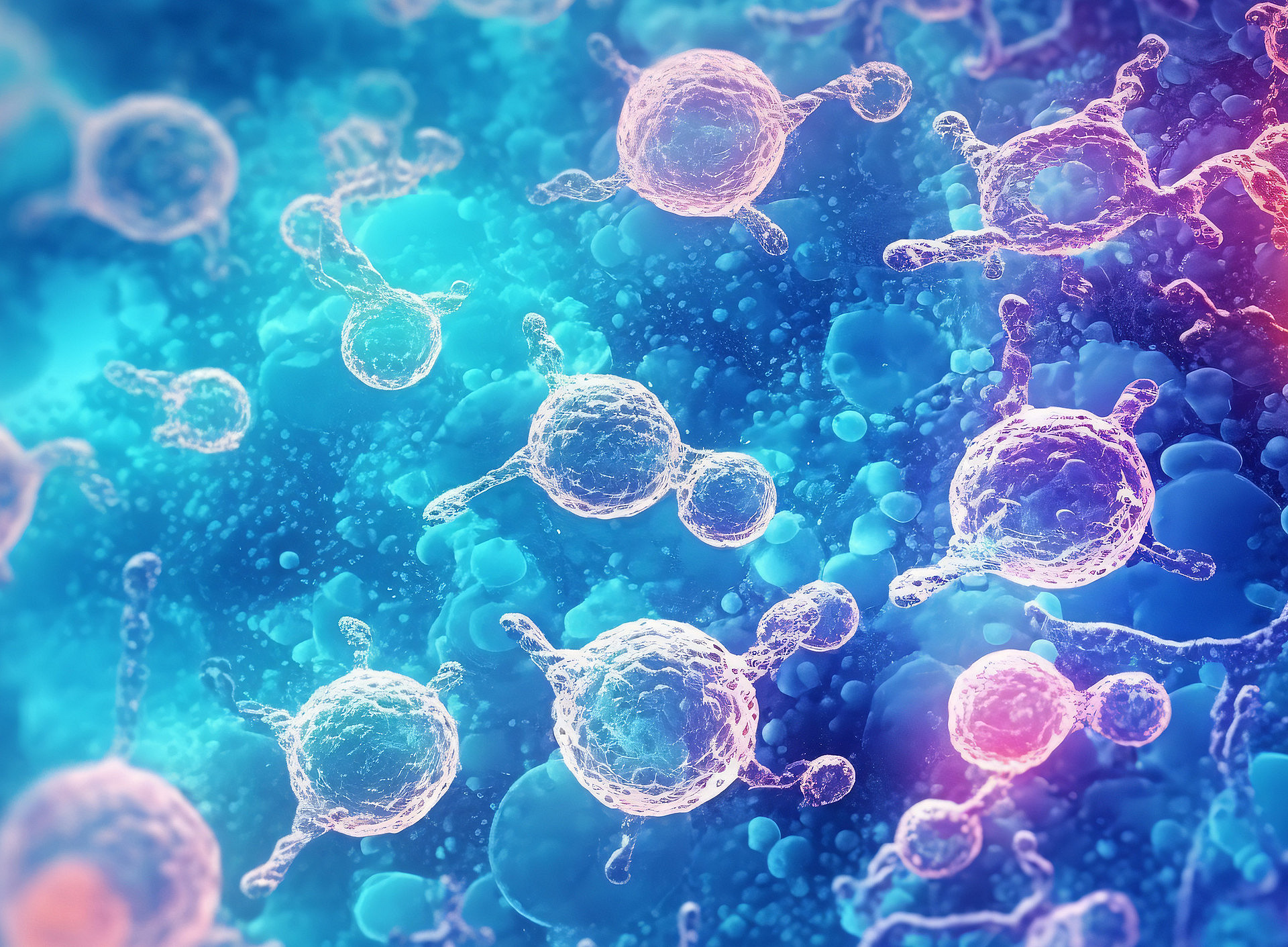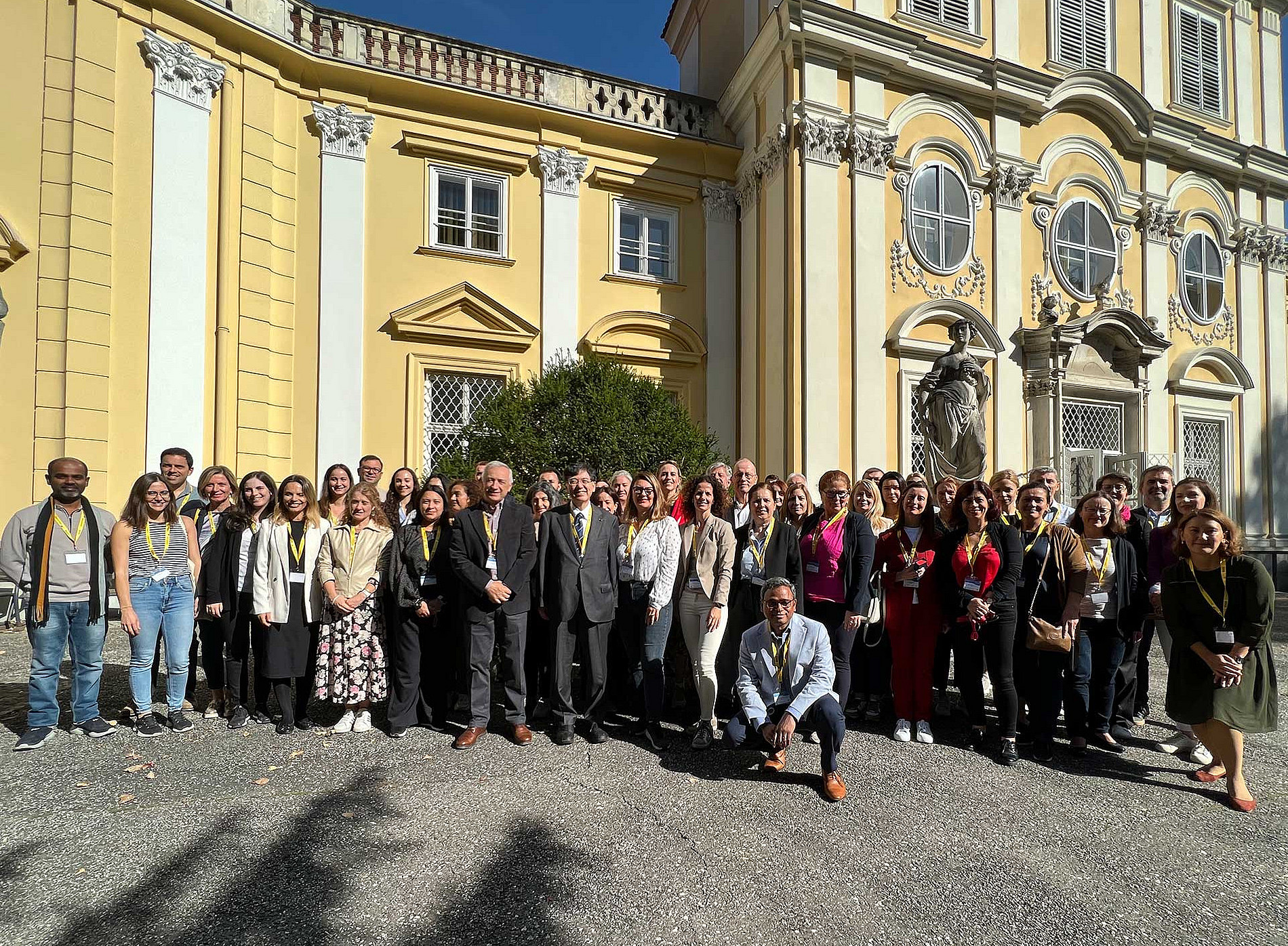The treatment of these diseases, known in the jargon as NCDs (non communicable diseases), is still an unsolved problem. Research suggests that the protein NRF2 plays a crucial role. "It is able to activate other proteins, which in turn set the cell protection mechanism in motion," explains Christina Morgenstern from the Institute of Molecular Biosciences.
"This would make NRF2 a master regulator, as it were, a guardian of a healthy life," describes metabolic researcher Brigitte Winklhofer-Roob. "At the same time, it opens up a unique strategy for the development and application of drugs."
The University of Graz contributes to the research with the help of a comprehensive biobank. This provides numerous data to shed light on further mechanisms of the protein and to support its translation into pharmacological and clinical practice.
Further approaches are currently being examined at an international conference at the University of Graz. More than 70 scientists from 20 countries will be guests at the Meerscheinschlössl on 12 and 13 October 2023.

